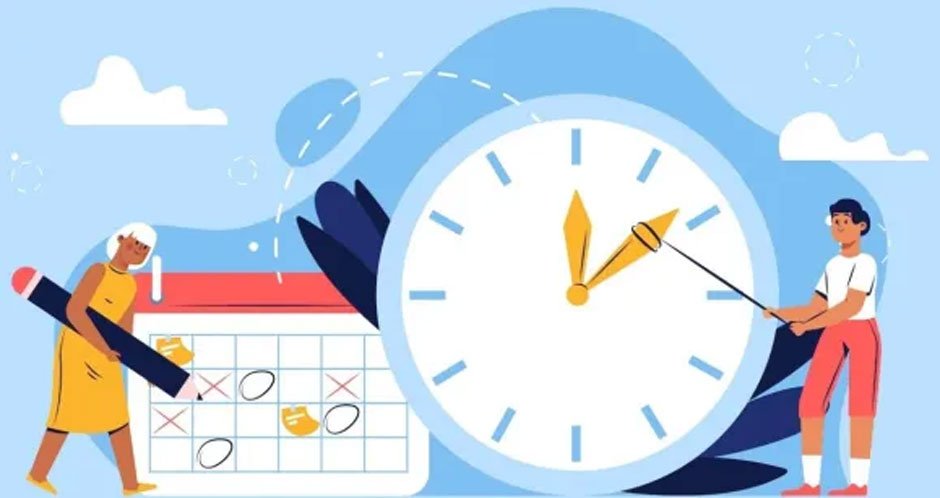 Evenings can set the tone for how we sleep, how we feel in the morning, and how well we process the events of the day. For many people, that window between dinner and bedtime is when stress either dissolves or takes hold. The difference often comes down to the environment. Our surroundings, habits, and routines at night directly shape our mental state.
Evenings can set the tone for how we sleep, how we feel in the morning, and how well we process the events of the day. For many people, that window between dinner and bedtime is when stress either dissolves or takes hold. The difference often comes down to the environment. Our surroundings, habits, and routines at night directly shape our mental state.
Evening hours also allow us to reset. When the day has been chaotic or emotionally taxing, a well-planned evening can bring needed closure. Creating consistency in those final hours not only reduces stress but also builds momentum for better habits the next day. Evening rituals can serve as a bridge from mental clutter to clarity.
These rituals don’t need to be elaborate. Something as simple as shutting off screens by 8 p.m., changing into cozy clothes, or prepping a wind-down tea can signal a transition. These cues help the body release tension and prepare for rest. When repeated regularly, they become anchors in a busy life.
Why the Evening Hours Count
Creating a wellness-focused home doesn’t require a complete redesign or rigid structure. It’s more about consistent signals—like soft lighting, predictable routines, and a dedicated wind-down ritual. These cues tell the brain it’s safe to relax. And when evenings feel manageable, life starts to feel a little more balanced.
Even minor changes—dimmed lamps, a clean kitchen, a hot shower—can reduce cortisol levels and prep the mind for rest. The goal isn’t perfection—it’s intentionality. Consider what your home signals once the sun goes down. Do you gravitate toward calming spaces or get stuck in overstimulating loops like doom-scrolling?
That sense of control is essential for individuals working through anxiety, depression, or recovery. While self-care is helpful, structured support can also play a role. For those needing flexible help after hours, evening IOP programs can complement daytime responsibilities without disrupting routines.
Finding Calm in Routine
Food rituals offer an easy place to start. Prepping overnight oats, sipping herbal tea, or organizing next-day lunches can become anchors. These habits bring order to the evening and create opportunities for presence.
Noise matters as much as lighting. Swapping background TV for mellow playlists or white noise machines can soothe the nervous system. Similarly, limiting visual clutter helps the brain settle. A tidy bedroom or quiet nook can be a welcome signal that it’s time to power down.
Engaging the senses can also help reframe the evening. Aromatherapy, cozy textures like soft blankets, and warm lighting all contribute to a calming setting. These elements may seem small, but when layered together consistently, they create an environment that promotes emotional recovery.
For families, evening wellness can be a group effort. Setting tech-free times, co-reading, or keeping a consistent sleep schedule teaches kids that rest is a priority. These shared routines also help reinforce boundaries between work, school, and personal time.
When Self-Care Isn’t Enough
But what happens when evenings feel unmanageable? When anxiety builds and no amount of lavender spray helps? That’s when seeking outside support matters. It doesn’t mean you’ve failed at self-care—it means you’re serious about getting better. Structured programs, peer support, and licensed therapists can turn chaos into calm.
Evening-focused therapy works because it honors real-life schedules. Not everyone can step away from work or family during the day. With accessible IOP options after 5 p.m., people can get support without sacrificing income or child care. That convenience builds consistency, and consistency builds progress.
Access to therapy during evening hours also reduces friction. When mental health care fits into your life rather than disrupting it, you’re more likely to follow through and stay engaged. That ongoing support is what leads to long-term change.
Practical Steps for Peaceful Evenings
If you’re reevaluating your evenings, start with minor changes. Set a reminder to put your phone away by 8. Light a candle while you cook. Journal for five minutes before bed. These simple acts signal a shift from stress to stillness.
Take stock of your current habits and see what serves you—and what doesn’t. Do certain activities leave you feeling tense? Are there rituals that already bring calm? Amplify what works and replace what doesn’t with something more restorative.
It’s also worth creating boundaries with work. Checking emails at 9 p.m. might feel productive in the moment, but it can delay the mental shutdown we need to rest well. Choose a firm end time and stick to it. Your mind will thank you.
Reclaiming the Night
Evenings don’t have to be chaotic, overstimulating, or filled with leftover tasks from the day. They can be purposeful, restorative, and uniquely yours. With small environmental changes, better boundaries, and, when needed, after-hours mental health support, your evenings can become a powerful part of your wellness routine.
The way we end our day matters. A peaceful evening doesn’t just make for better sleep—it builds the foundation for a stronger tomorrow. Whether it’s through calming habits, nourishing food, or structured care, reclaiming your nights is one of the simplest ways to protect your mind.





Leave a Reply